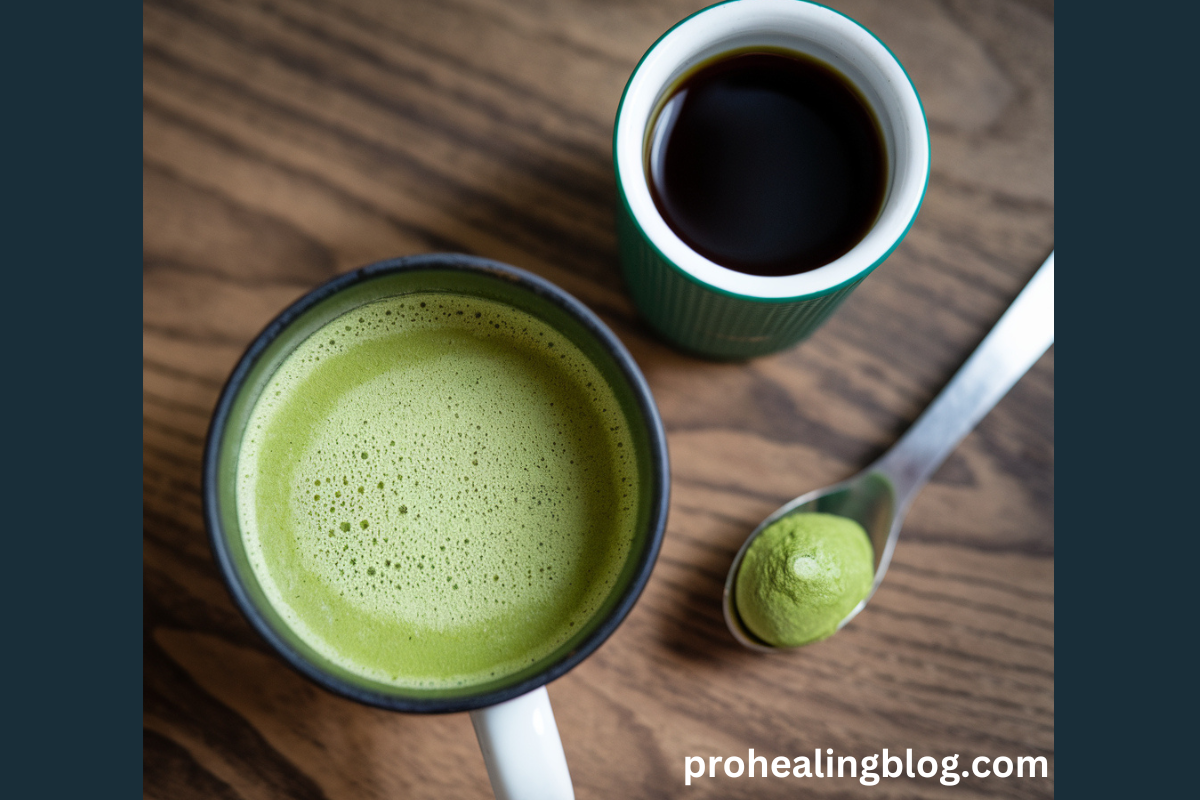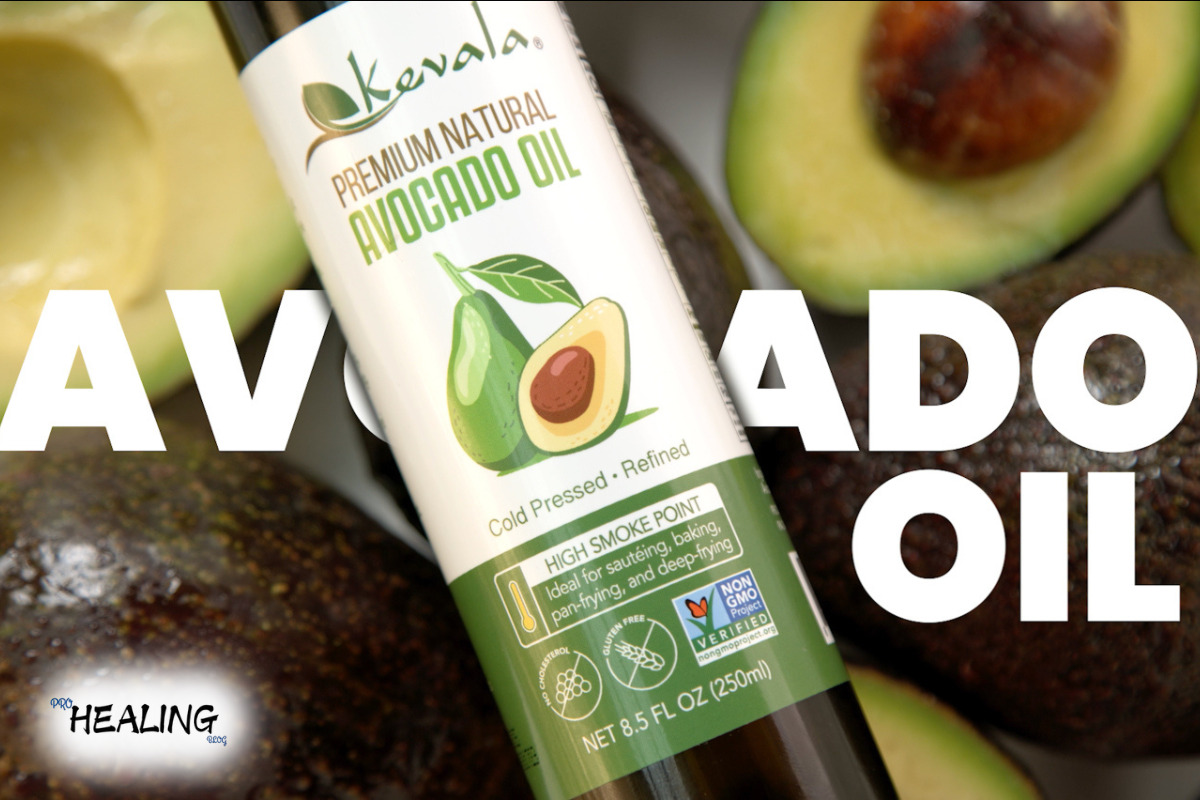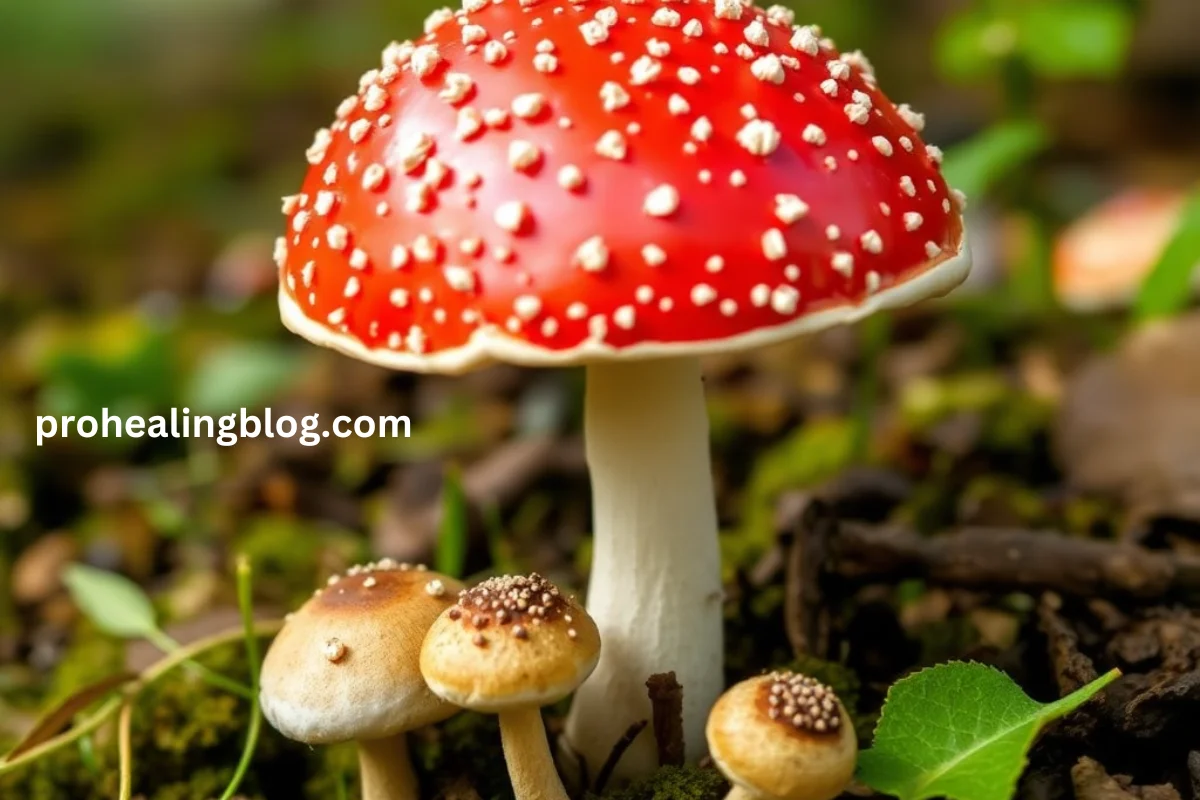Matcha tea is taking over the world of health and wellness. It’s vibrant, packed with antioxidants, and offers a unique energy boost. But does matcha have caffeine? And how does it compare to coffee, the traditional go-to for energy?
In this blog, we’ll answer these questions, discuss the benefits of matcha, and explore why it’s become a popular alternative to coffee.
What is Matcha?
Matcha is a finely ground green tea powder made from specially grown and processed tea leaves of the Camellia sinensis plant. Unlike regular green tea, where leaves are steeped and discarded, matcha involves consuming the entire tea leaf. This makes it more nutrient-dense and rich in antioxidants. Matcha’s vibrant green color comes from the shading process during its cultivation, which boosts its chlorophyll and amino acid content. Traditionally used in Japanese tea ceremonies, matcha has gained global popularity for its earthy flavor, health benefits, and ability to provide calm yet sustained energy.
Does Matcha Have Caffeine?
Yes, matcha contains caffeine. In fact, matcha provides about 70 milligrams of caffeine per 8-ounce serving. However, the way your body processes caffeine from matcha is different from coffee.
Matcha’s caffeine is released gradually due to the presence of L-theanine, an amino acid that promotes relaxation. This combination gives you sustained energy and focus without the jitters or crashes commonly associated with coffee.
Matcha vs. Coffee: The Caffeine Debate
Both matcha and coffee offer caffeine, but their effects are worlds apart. Here’s a comparison:
1. Energy Levels
- Matcha: Provides smooth, sustained energy. The L-theanine keeps you calm and focused for hours.
- Coffee: Delivers a quick burst of energy. However, it can lead to crashes and jitteriness.
2. Antioxidants
- Matcha: Packed with antioxidants like catechins, which combat free radicals and improve overall health.
- Coffee: Also contains antioxidants but in lower amounts compared to matcha.
3. Digestive Impact
- Matcha: Gentle on the stomach and less acidic.
- Coffee: Can cause stomach discomfort and acidity in some individuals.
4. Mental Clarity
- Matcha: Improves focus and concentration thanks to L-theanine.
- Coffee: Can lead to over-stimulation, especially when consumed in excess.
Benefits of Matcha
Matcha isn’t just about caffeine. Its benefits go far beyond energy. Here are some reasons to consider adding matcha to your daily routine:
1. Rich in Antioxidants
Matcha contains a high concentration of catechins, particularly EGCG (epigallocatechin gallate). These antioxidants reduce inflammation, boost immunity, and may even help prevent chronic diseases.
2. Promotes Calmness
The L-theanine in matcha not only smooths out the caffeine buzz but also helps reduce stress and anxiety.
3. Boosts Metabolism
Matcha is known to aid weight loss by enhancing fat oxidation and improving metabolism.
4. Supports Heart Health
Drinking matcha can help reduce LDL cholesterol levels, lowering the risk of heart disease.
5. Detoxifies the Body
Matcha is grown in the shade, a process that increases its chlorophyll content. Chlorophyll helps detoxify your body by removing heavy metals and toxins.
How Matcha is Made
Matcha comes from the same plant as green tea: Camellia sinensis. However, its production is unique. The tea leaves are shade-grown for about three weeks before harvest. This boosts their chlorophyll and amino acid levels.
After harvesting, the leaves are steamed, dried, and ground into a fine powder. This powder is matcha. When you drink matcha, you consume the whole leaf, making it more nutrient-dense than regular green tea.
How to Enjoy Matcha
Matcha is versatile and can be prepared in many ways:
- Matcha Tea: The classic preparation, whisked with hot water.
- Matcha Latte: Combine matcha with milk or plant-based milk for a creamy drink.
- Smoothies: Add a teaspoon of matcha to your favorite smoothie recipe.
- Baking: Use matcha powder to create vibrant green cookies, cakes, or pancakes.
Coffee vs. Matcha: Which One Should You Choose?
Choosing between coffee and matcha depends on your lifestyle and preferences.
Choose Matcha If:
- You want sustained energy without crashes.
- You’re looking for a beverage rich in antioxidants.
- You have a sensitive stomach.
Choose Coffee If:
- You prefer a stronger caffeine kick.
- You enjoy the taste and aroma of coffee.
- You’re looking for a quick energy boost.
Matcha and Your Health
Including matcha in your daily routine can improve both your physical and mental health. Its combination of nutrients and calming energy makes it a powerful addition to a balanced diet.
If you’re new to matcha, start with a small amount and experiment with different recipes to find what works for you.
Final Thoughts
Does matcha have caffeine? Absolutely. But it offers much more than just a caffeine boost. With its unique health benefits, calming energy, and versatility, matcha has become a favorite for health-conscious individuals worldwide.
So, whether you’re switching from coffee or just curious about its benefits, matcha is worth a try. Embrace the green revolution and elevate your energy naturall






